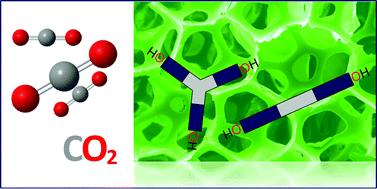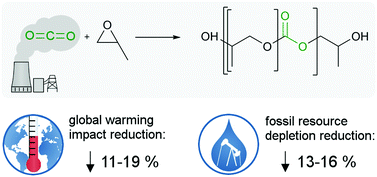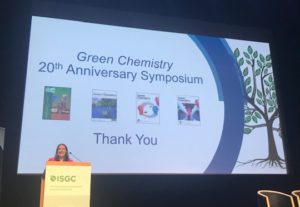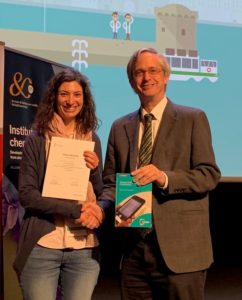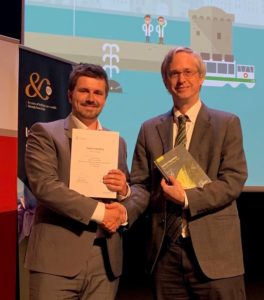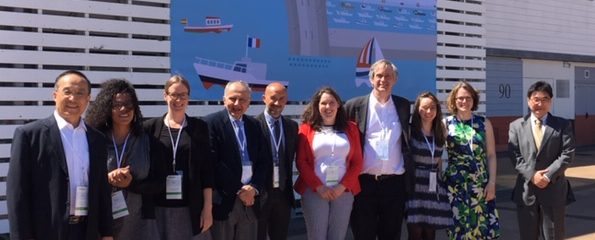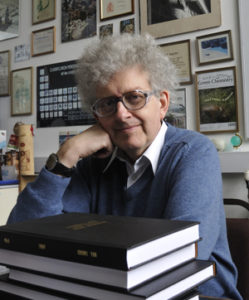GREEN CHEMISTRY POSTGRADUATE SUMMER SCHOOL ONLINE will be held online from 6th to 10th July 2020. Green Chemistry is pleased to be providing support for this event.
The School is open to postgraduate students and postdoctoral researchers from all over the world. It will consist of 5 lecture days. The official schedule will be established taking into consideration the different time zones of the participants’ countries of origin. The Summer School is organized by the Green Sciences for Sustainable Development (www.gssd-foundation.org), a no-profit Foundation based in Venice.
Summer School main topics are:
Exploitation of renewable resources
New reaction pathways
Energy saving
Food safety
Green Chemistry for cultural heritage
Climate Change damages mitigation
Applications will be open until June 1st (with extension to June 30th). In order to deliver the best possible service to teachers and students, we are taking in consideration the different time zones of their Countries of origin; therefore, we are going to establish 3 hot spots to deliver the lectures: Venezia, Beijing and Washington DC.
Read more here www.unive.it/ssgc











